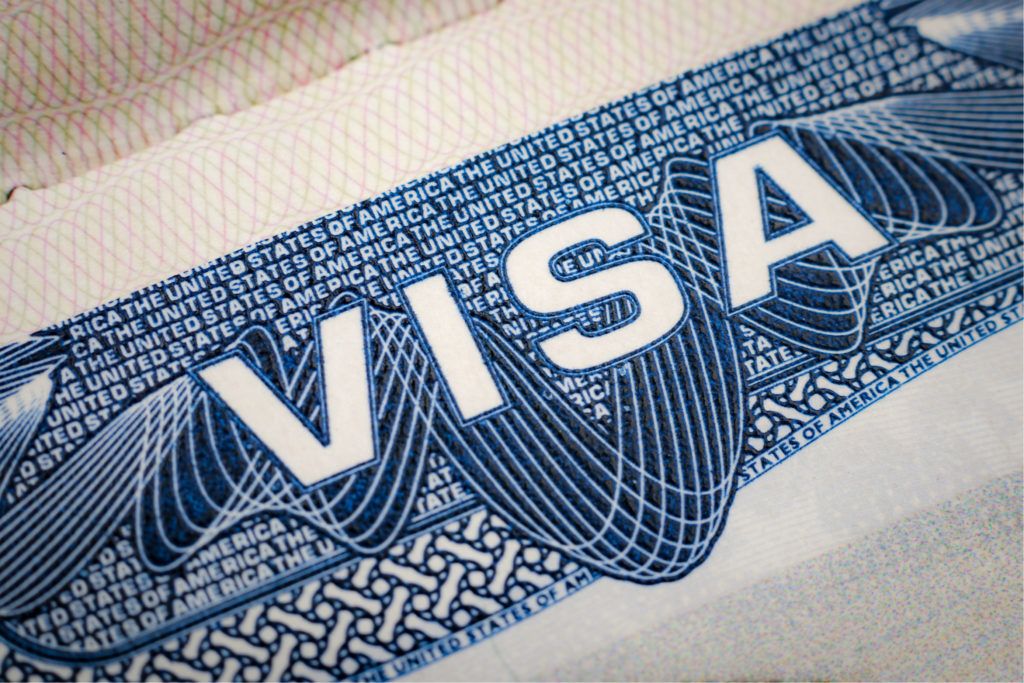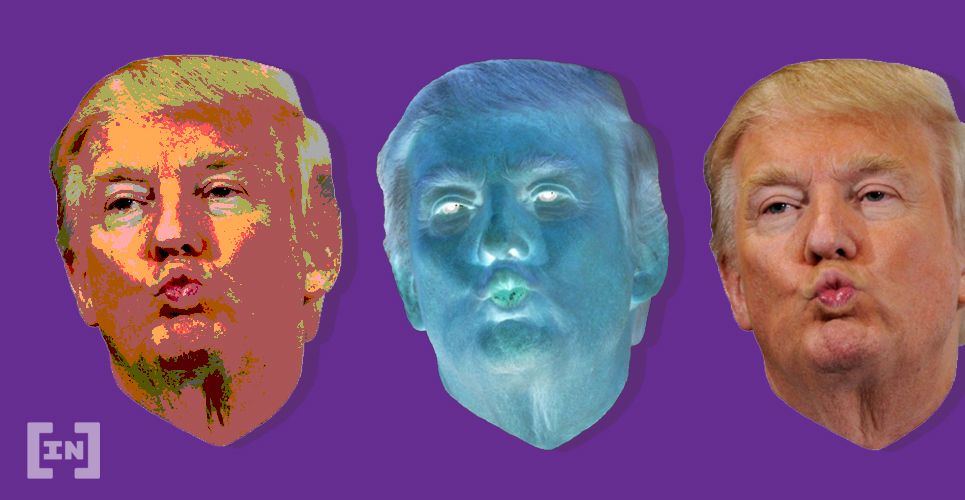Applicants for visas to the United States will now have to submit their social media details under newly-imposed regulations.
The new visa application forms list a number of social media platforms and require the applicant to provide any account names they have control over. They also give applicants the option to volunteer information about social media accounts on platforms not listed on the form.
In addition to their social media histories, visa applicants are now asked for five years of previously used telephone numbers, email addresses, international travel, and deportation statuses — as well as whether any family members have been involved in terrorist activities.

US Visa Applications and Digital Identities
Indeed, social media platforms have become a huge part of people’s lives and a digital self is as much a representation of a person as the physical self. However, there are several issues and consequences with the new visa requirements. Anyone having their social profiles requested will feel like their privacy is invaded. As a result, this can influence users’ behavior on social platforms or simply incentivize applicants to alter their profiles before applying for a visa. This change highlights how important a decentralized identity system can be. With a decentralized identity, any individual would be able to confirm their identity without divulging private or sensitive data.
Negative Consequences
In the past, this type of screening information — which includes email, phone numbers, and social profiles — had only been mandatory for applicants who had been identified for additional investigation, e.g. people who had traveled to areas with a high degree of terrorist activity. Estimates show that around 65,000 applicants per-year would fall into this category. With the new rule change, the U.S. State Department estimated that almost 700,000 immigrant visa applications and 14 million non-immigrant visa applicants would be affected — including business and student travelers. Considering the high number of potentially-affected applicants, this could severely impact the inflow of capital and talent from across the borders. The U.S. is already lagging behind in terms of technological innovation in fields like artificial intelligence and blockchain technology — and this move could see the country further hamper its own progress. U.S. President Donald Trump had restricting immigration as one of his top priorities during his election campaign in 2016. The rule change was initially proposed by the Trump administration in March 2018 and is now coming into effect. Whether the country has anything to benefit from it remains to be seen. What do you think of the new visa application requirements? Is this an invasion of privacy or will this become the norm in a world that is becoming increasingly digital? Share your opinion in the comments!Disclaimer
In adherence to the Trust Project guidelines, BeInCrypto is committed to unbiased, transparent reporting. This news article aims to provide accurate, timely information. However, readers are advised to verify facts independently and consult with a professional before making any decisions based on this content. Please note that our Terms and Conditions, Privacy Policy, and Disclaimers have been updated.

Christian Gundiuc
After finishing his studies in International Business Administration at the Frankfurt School of Finance & Management, Christian started working at a real estate development company. Upon discovering Bitcoin and the cryptocurrency space, he switched his focus to learn, analyze and write about all things digital.
After finishing his studies in International Business Administration at the Frankfurt School of Finance & Management, Christian started working at a real estate development company. Upon discovering Bitcoin and the cryptocurrency space, he switched his focus to learn, analyze and write about all things digital.
READ FULL BIO
Sponsored
Sponsored
